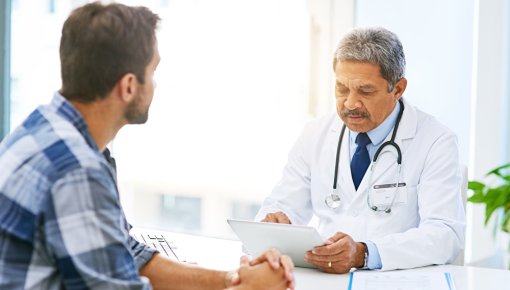Where and when can you get tested for chlamydia?

If you think you might have caught chlamydia, it’s important to get a test done so you can protect yourself and others. The test is based on a urine sample or a smear. Tests can be done at family doctors’/specialists’ practices, local health departments and AIDS information centers.
Chlamydia (“Chlamydia trachomatis”) is a sexually transmitted infection (STI). It is common for people not to notice they’ve got chlamydia because often there aren’t any symptoms. When there are symptoms, they tend to be things like an unusual discharge or stinging when peeing, which can be caused by lots of other illnesses too. A test can determine whether chlamydia is the cause.
